Students Take a Stand on the UAW Strike
Nov 20, 2022
On Nov. 14, the United Auto Workers Union began a UC-wide strike, demanding that the university grant “fair compensation” to their academic workers, which includes affordable child care, job security and more.
The UAW strikers have charged the UC system with unfair labor practices and have filed against the UCs for not meeting their demands. The UC, meanwhile, holds that their bargaining offers are fair compromises and insist that they have made no such infractions.
The strike has manifested in many aspects of university life. UC San Diego sends out daily emails regarding the closure of Voigt Drive & Matthews Lane due to protest activity. Picket lines circle central areas of campus with protestors chanting into megaphones and bearing signs. And, of course, many classes and sections are canceled until the strike ends.
Professors have sent out emails over the last week or so, announcing their contingency plans given the strike. Though they vary in length and content, several professors have expressed concerns for their classes and students, worried that the cancellation of class sessions will impact student grades and diminish the quality or breadth of the course.
On the other side, students have their own perspectives on the issue.
Sixth College junior Sydney Fredriksz said most of her classes have been canceled.
“I do expect the university to drag this out to the detriment of the workers on strike, as well as the students themselves,” Fredriksz said. “I plan to participate in the strike lines as often as I am physically able to do so, to take up space and make noise to let the UC faculty know that the workers do not stand alone.”
Students had been looking to UCSD for an official response, and it was delivered on Nov. 18. The email encouraged students to focus on taking initiative of their learning and continuing their coursework in spite of the strike.
Brandy Youssif, a third year transfer student from John Muir College, shared her support for the strike.
“I think that the fact that the strike is legally protected is something that’s super important for student workers,” Youssif said, “because [otherwise] the administration would try to find their identities and try to push some kind of repercussion for that.”
In the dispute, however, it can be hard for students to navigate where the “fault” lies for the length of the strike and the cancellation of classes. Lynne Zhao, sophomore from UCLA, commented on the difficulty of the situation.
“I’m in support of what they’re fighting for and would like to see them achieve their goals,” Zhao said. “At the same time, it is also really unfortunate that a lot of people are caught in the middle of this all, and it’s disrupting a lot of people’s lives.”
Only a year ago, on Nov. 17, 2021, 6500 UC lecturers won raises in exchange for calling off a two-day planned strike. It was the biggest win in UC-AFT strike history. The UCs made special efforts to prevent the strike due to how much of the student body would be impacted.
The current strike has far surpassed the planned two-day length of the 2021 lecturer strike, and students now face the impacts that the UCs carefully avoided in the past.
Though many students are sympathetic to the needs of the strikers, many still fear that they will be caught in the crossfire. Elizabeth Paul, a sophomore at UC Davis, voiced some concerns regarding the strike.
“I’m concerned for the other students who have had classes and discussions canceled [and] that their grades will be impacted,” Paul said. “The only people who are at fault for what the TAs are complaining about are people in the administration. It isn’t fair if the students have to deal with consequences like tests never being graded or increased tuition.”
Many students feel as though they want to support the strikers, but there is only so much that they can do without jeopardizing their own education.
“I’m trying to not cross the picket line when I can avoid it, but am still attending things like office hours for the sake of my grades,” Zhao said, adding that some students are concerned about putting their scholarships or graduation at risk by participating or experiencing side effects of the strike.
Some students are also finding it easy to disengage from the strike. Jonas Buchel, a sophomore at UC Davis, commented on this.
“I’m sure the right thing to do would be to get involved,” Buchel said. “But I don’t know enough about it, and it doesn’t impact me personally enough to make me super excited to learn more about it and participate.”
Academic workers at UCSD — and all nine other UC campuses — are undertaking a strike of historic proportions. 48,000 strikers are pushing for change, making this the largest strike in the history of United States higher education. For better or worse, students are all becoming a part of academic history.
“I give the strikers all my hope, love, and support,” Fredriksz said. “I give the university a middle finger in the form of strike participation.”
Artwork by Kayla Weiss


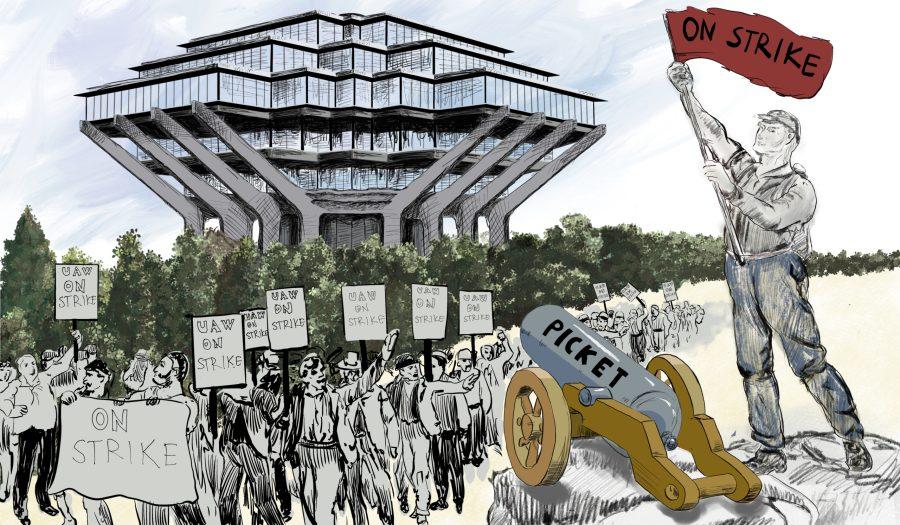



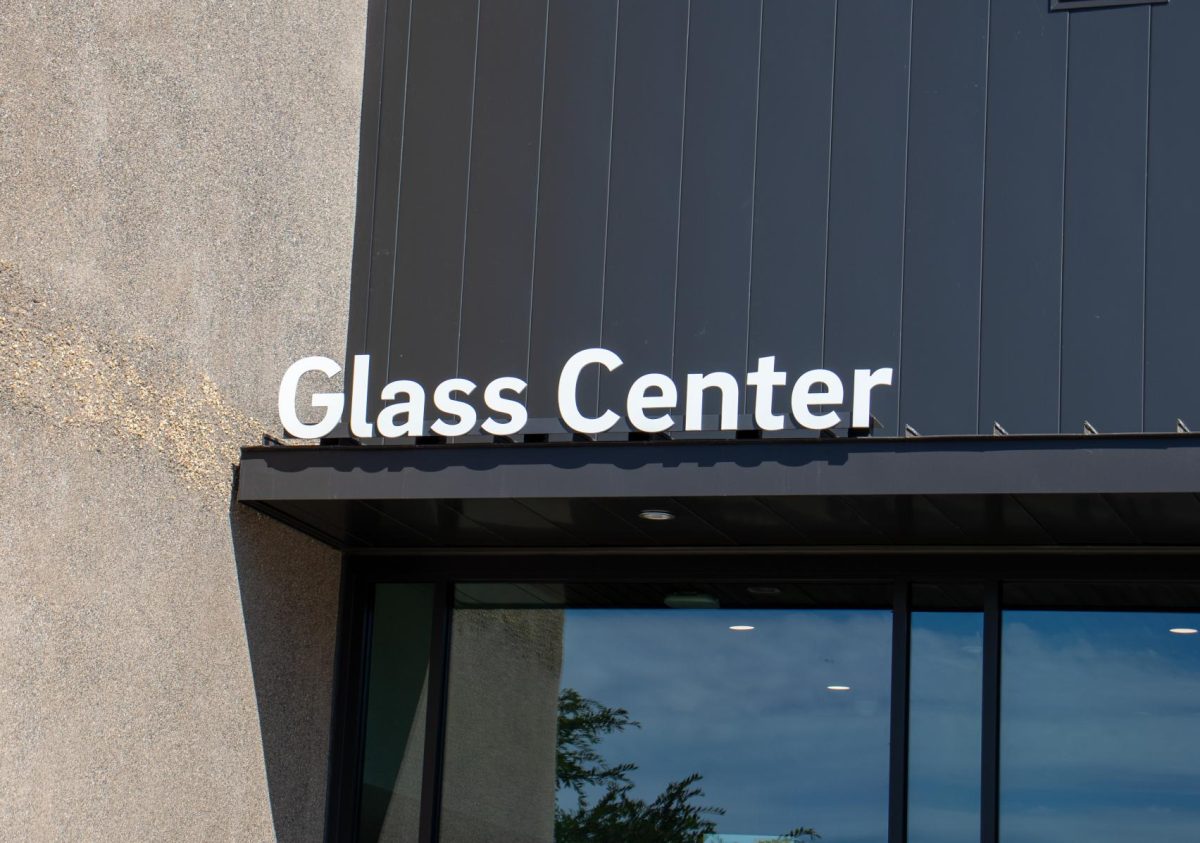
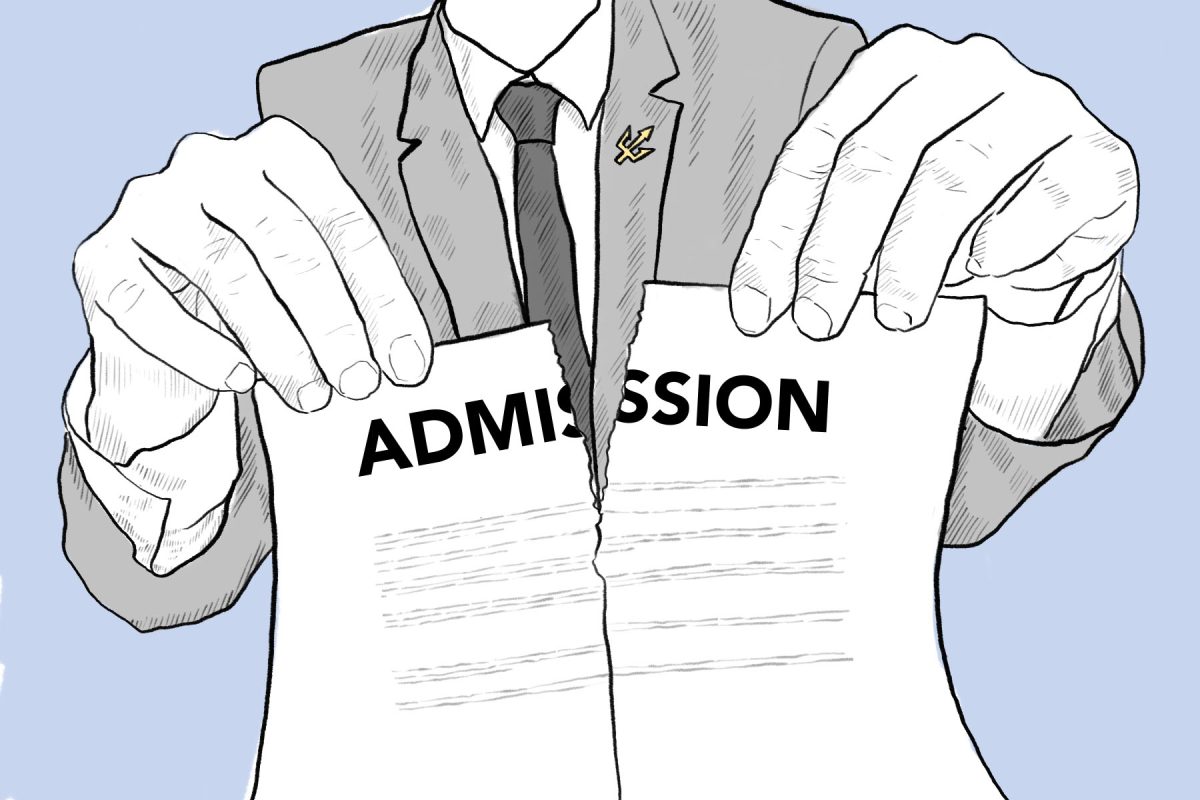



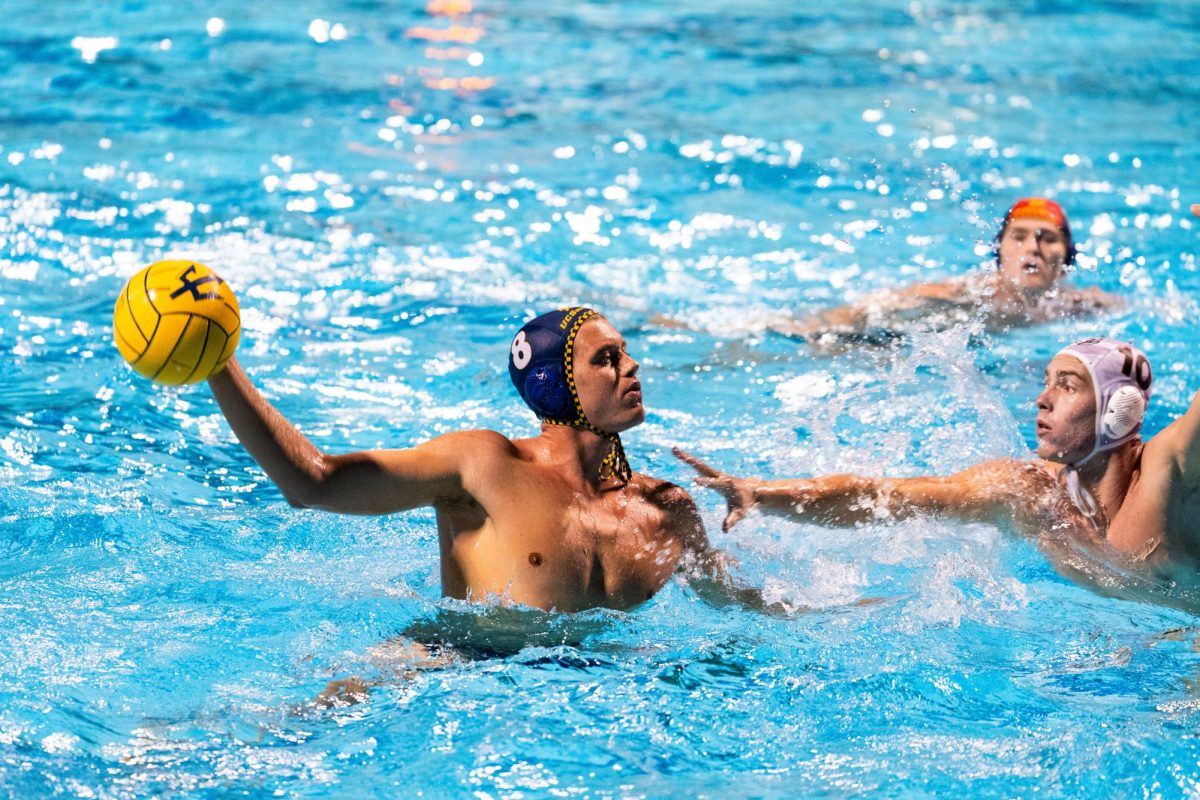
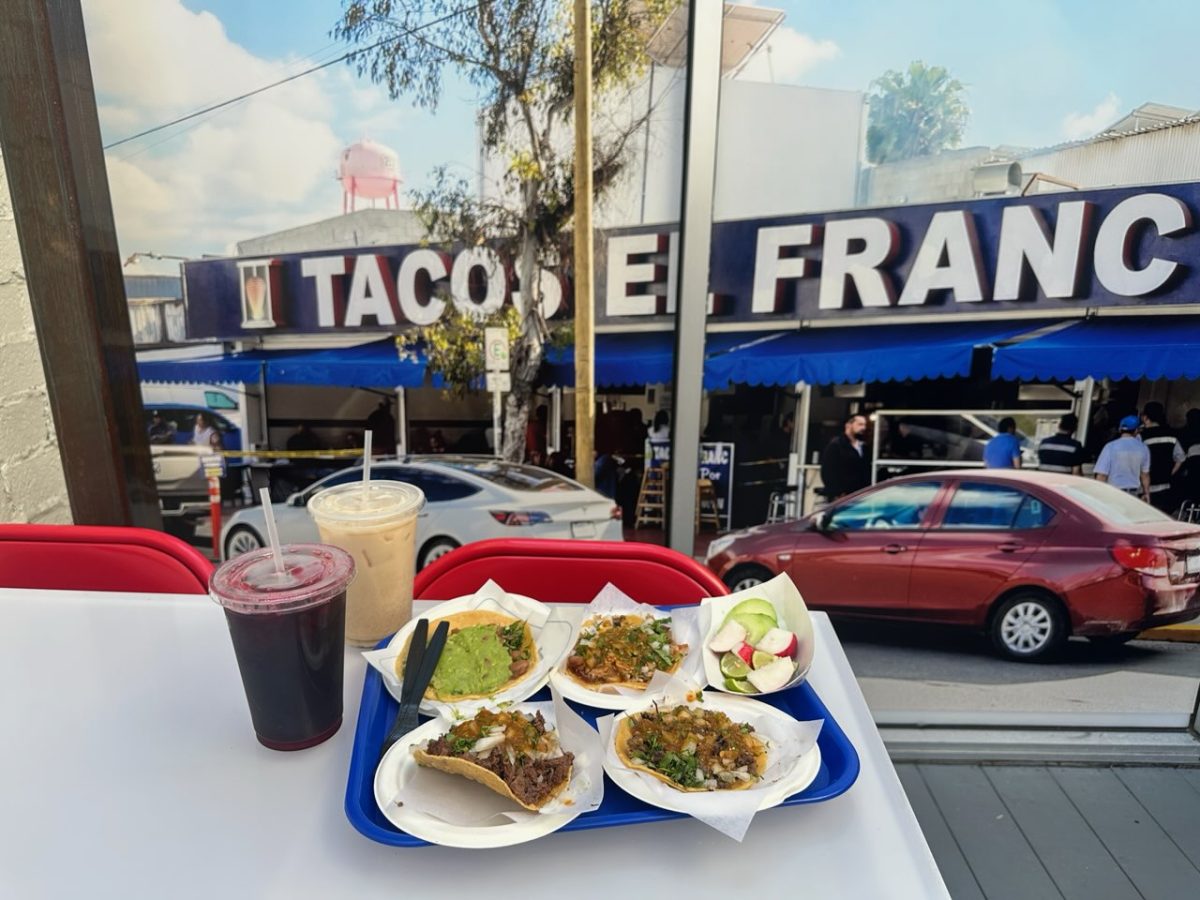
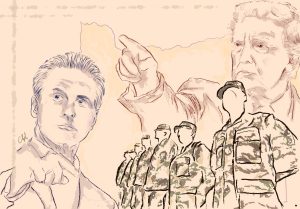

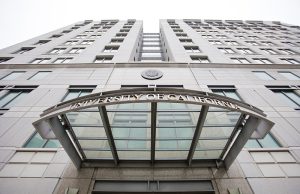


Dean Hines • Jan 13, 2023 at 11:31 am
I hope that they are making the right stand.
ave • Jan 9, 2023 at 10:57 am
http://hoo.gl/wcW8
APLUSGPA • Dec 14, 2022 at 10:47 pm
The UAW strike is taking a toll on students at Wayne State University.
Oliver • Dec 6, 2022 at 6:41 am
It’s an interesting phenomenon, students are against strike but are in favor of using writing services like https://collegepaper.net/ or something like that. It should be noted that the strike is almost over
Lucas • Nov 21, 2022 at 2:34 am
There needs to be an impact on the students for the strike to have its effect. The UCs make all their money on the backs of these lecturers and researchers. If there isn’t a risk to their income from students and from research, they won’t care.